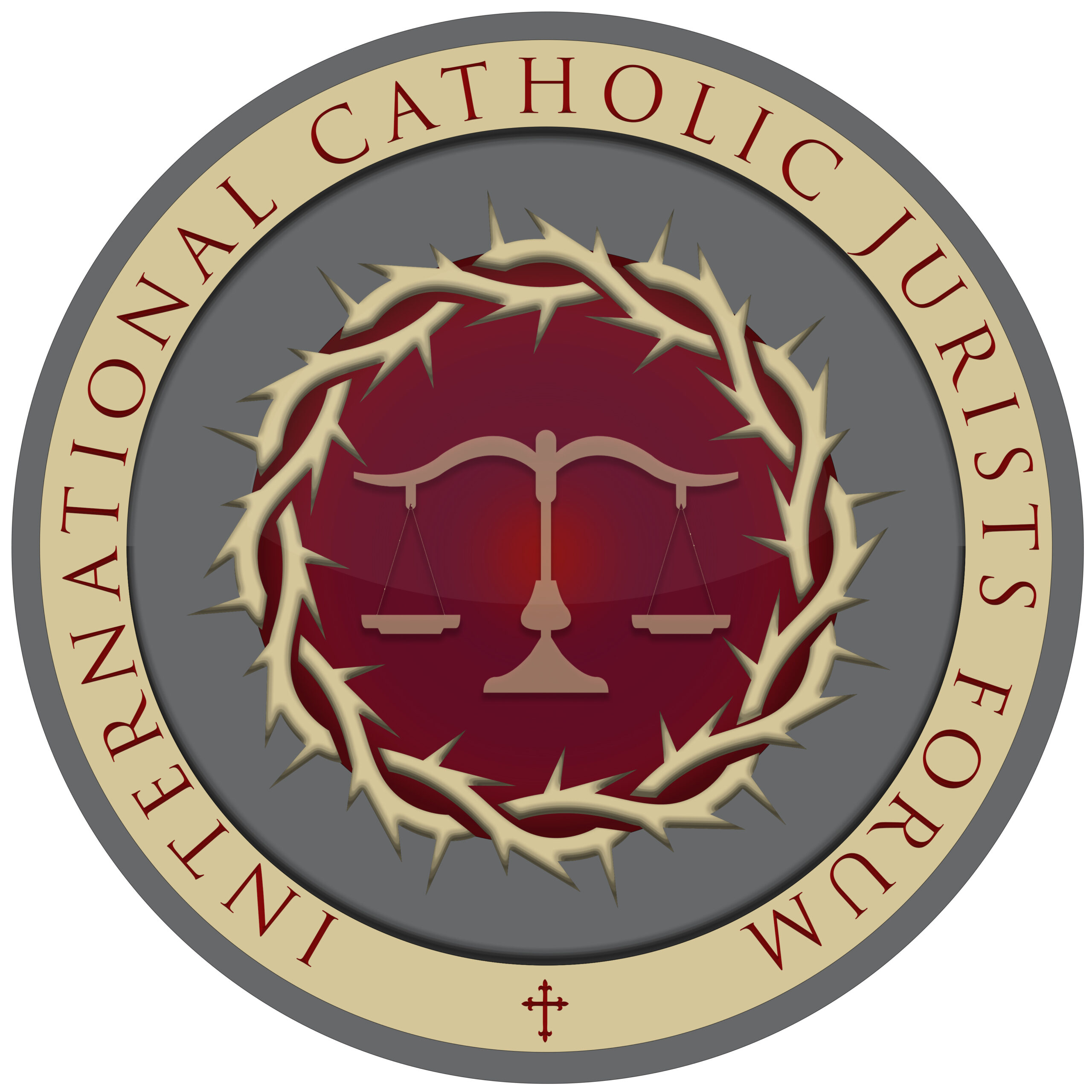Spring, 2012 – The Foundations of the Church’s Doctrine Concerning the Principles of Conjugal Life – KAROL CARDINAL WOJTYL/ A, ET AL.
Attached are documents related to the Kraków Document, a work written by a commission under the guidance of Karol Woytyla to the reports of the Special Commission, including Janet E. Smith’s work on the Kraków Document in Nova et Vetera, English Edition, Vol. 10, No. 2 (2012): 361–81. Wojtyla Krakow Doc 2 09HV_Trans Smith Krakow…
